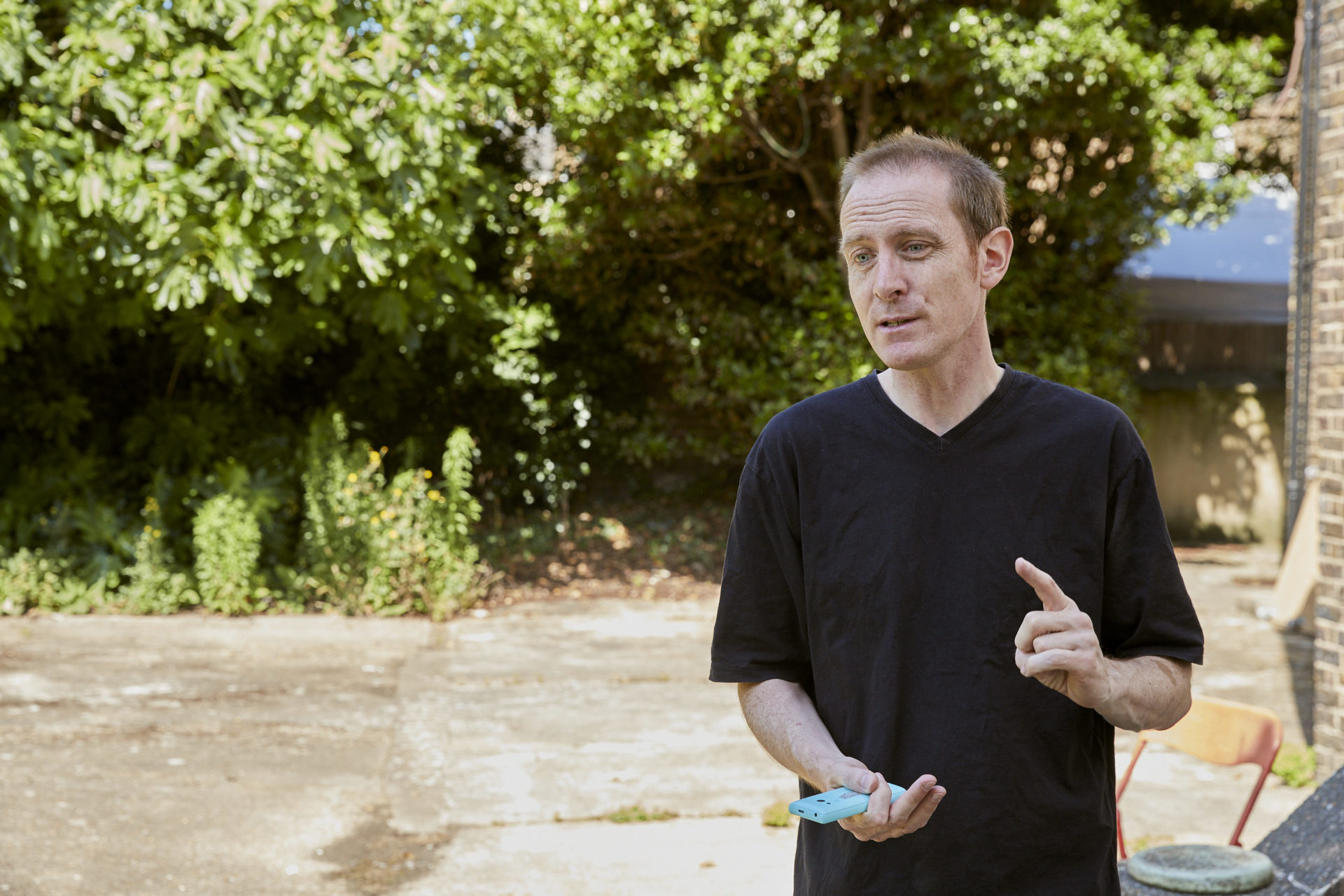How are our different services adapting to the crisis?
How staff are coping, adapting and working together to help the most vulnerable during COVID-19

While the pandemic has meant big changes in the way we all live and work, we still need to provide essential services to the people we work with, who are particularly affected. Adapting and working collaboratively has been crucial in ensuring that not only is no one left behind to sleep rough, but the people who rely on us continue to receive the appropriate support. We spoke with three members of staff about how services have changed and about how they are coping at this time:
Matthew Davison is Lead Manager for TST (Tenancy Sustainment Team) South:
“We’re still operating a near-normal service from our office and across the community; we are still very much available for urgent and non-urgent queries and don’t want any of the people we work with to feel that they have been left alone at this difficult time. Social distancing is respected during any face-to-face contact, which is being prioritised for those in need of urgent support, which can mean a variety of things, whether this is having no income or health, legal or safeguarding issues. For non-urgent support, we are regularly checking in with clients over the phone. Welcome Sessions for new nominated clients are also being held over the phone as much as possible, and in some circumstances we are helping clients move into new properties.
The team are facing challenges, mostly with the reality of having to social-distance themselves. For example, due to the nature of some types of medication, some clients have had no option but to go to pharmacies in person to collect their prescriptions. There has also been a lack of clarity around whether clients have been, or should be, identified by the NHS as being in the high-risk ‘Shielding’ category. These have been dealt with very much on a case-by-case basis and we have been working together to put the needs of our clients first.”
Sarah Jeeves is our Learning & Development Officer. Alongside her work in the Central Services team, she has been providing support in one of our hostels.
“In terms of HR, it’s been a lot busier since the lockdown; on top of our day-to-day work we’ve been updating policies and processes, especially around sickness and working from home. There have been lots more enquiries and staff asking for advice, which is changing and updating as we go. Some of the team are working remotely so we’ve been having Microsoft Teams meetings, WhatsApp video meetings… it’s changing but we’re adapting to it well so far.
I started thinking about volunteering at the hostel after realising that many staff members would be self-isolating or shielding. Working in HR, I knew first-hand that the staffing shortages would be affecting our most essential services, and when I began coordinating our volunteers, I decided to wonder how I could make my work go further. The main differences between my normal work and working in our hostels is how you start to perceive things and organise your day differently. Whereas in HR there are systems and schedules, working with people with a range of needs means you need to be prepared to be more spontaneous and proactive.
The benefits to both the hostel and myself have been pretty clear, for example I imagine it was a relief to have someone who knows Thames Reach well and already works here providing support where necessary. Seeing our work in the hostels has allowed me to see how I might do my normal job differently; I organise our training schedules so I can see where Managers might need training in different areas. My confidence has definitely grown here, and I feel capable to do the work whether it is based in an office or hostel. I also have a background in mental health so I’m confident in how to approach certain situations. As I’m managing the volunteers, I know exactly where the gaps are in our essential services and am always happy to talk to staff, and members of the public, about how they might want to volunteer their time and skills during this difficult time.”
Jakub Turek is Senior Practitioner for the Rapid Response Team.
“In the current situation a lot of services have been temporarily closed or have limited access. For us in the Rapid Response Team it means we have to work harder and build stronger relationships with local authorities to ensure our clients are supported during this hard time which affects everybody.
We have been working closely with other Outreach services like never before. The solidarity in the homelessness sector in London has been really encouraging.
Our service has been delivered with no disturbance apart from receiving a much higher number of Street Link referrals. We have been responding to referrals every night 7 days a week. Our team have been working really hard to ensure all referrals are visited and clients are placed somewhere safe.”
